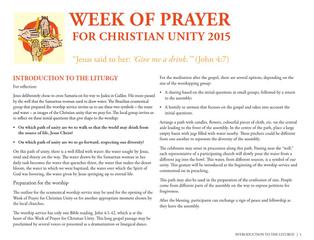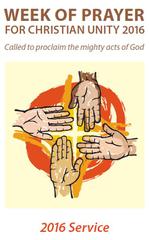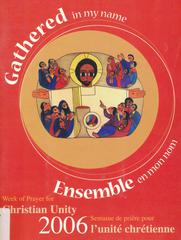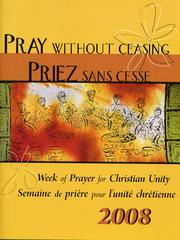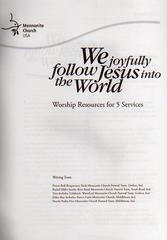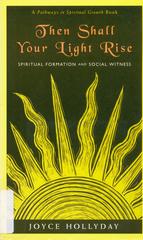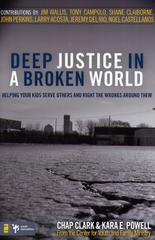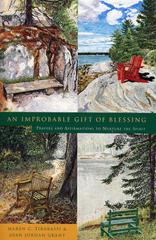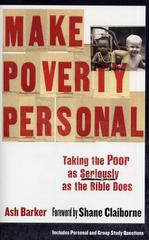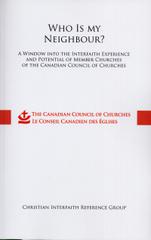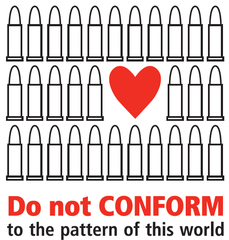2023 Week of Prayer for Christian Unity: "Do Good, Seek Justice"
PART OF SERIES Week of Prayer for Christian Unity Series
2023, 43 pp
Isaiah lived and prophesied in Judah during the eighth century BCE and was a contemporary of Amos, Micah and Hosea. This was towards the end of a period of great economic success and political stability for both Israel and Judah, due to the weakness of the ‘superpowers’ of the time, Egypt and Assyria. However, it was also a period when injustice, inequity and inequalities were rampant in both kingdoms.
This period also saw religion thriving as a ritual and formal expression of belief in God, concentrated on Temple offerings and sacrifices. This formal and ritual religion was presided over by the priests, who were also the beneficiaries of the largesse of the rich and powerful. Due to the physical proximity and interconnectedness of the royal palace and the Temple, power and influence were centered almost entirely on the king and the priests, neither of whom, for much of this history, stood up for those who were enduring oppression and inequity. In the worldview of this time (one which recurs throughout history), the rich and those who made many offerings were understood to be good and blessed by God, while those who were poor and could not offer sacrifices were understood to be wicked and cursed by God. The poor were often denigrated for their economic inability to fully participate in Temple worship.
Isaiah spoke into this context, attempting to awaken the consciousness of the people of Judah to the reality of their situation. Instead of honouring the contemporary religiosity as a blessing, Isaiah saw it as a festering wound and a sacrilege before the Almighty. Injustice and inequality led to fragmentation and disunity. His prophecies denounce the political, social and religious structures and the hypocrisy of offering sacrifices while oppressing the poor. He speaks out vigorously against corrupt leaders and in favour of the disadvantaged, rooting righteousness and justice in God alone.
The working group appointed by the Minnesota Council of Churches chose this verse from the first chapter of the prophet Isaiah as the central text for the Week of Prayer: “learn to do good; seek justice, rescue the oppressed, defend the orphan, plead for the widow” (1:17).
| Type | |
| Genre | Personal Prayer Anthology, Item with Questions, Complete Worship Service |
| Expression | General Writing/Recording, Responsive Reading |
| Topic | Peace Advocacy and Social Justice |
| Event | Week of Prayer for Christian Unity |
| Audience | Leaders |
| Language | English |
| Publisher | Canadian Council of Churches |
| Collection | USA |

Please provide your contact information. We will check this item's availability and get back to you soon with the price and expected time of delivery.


